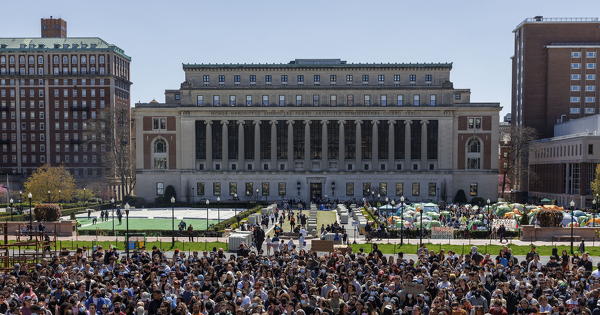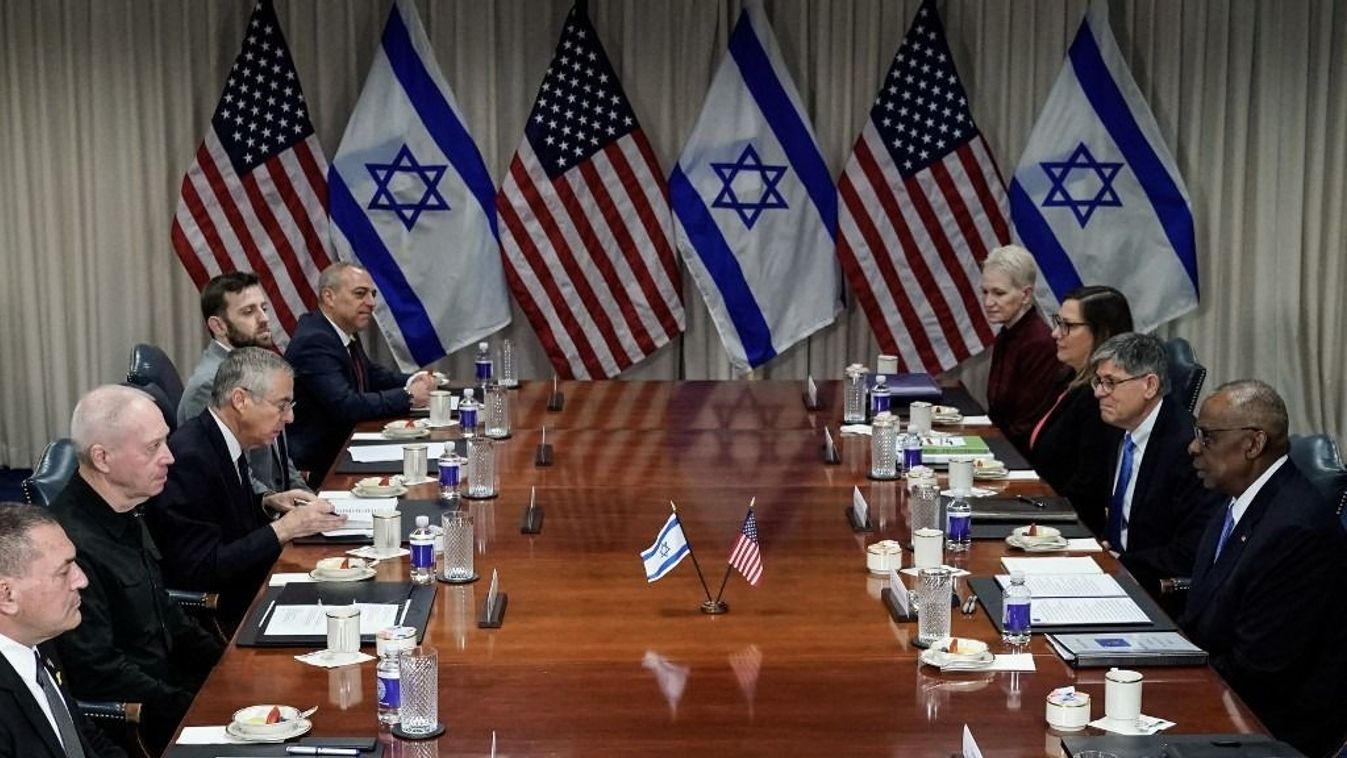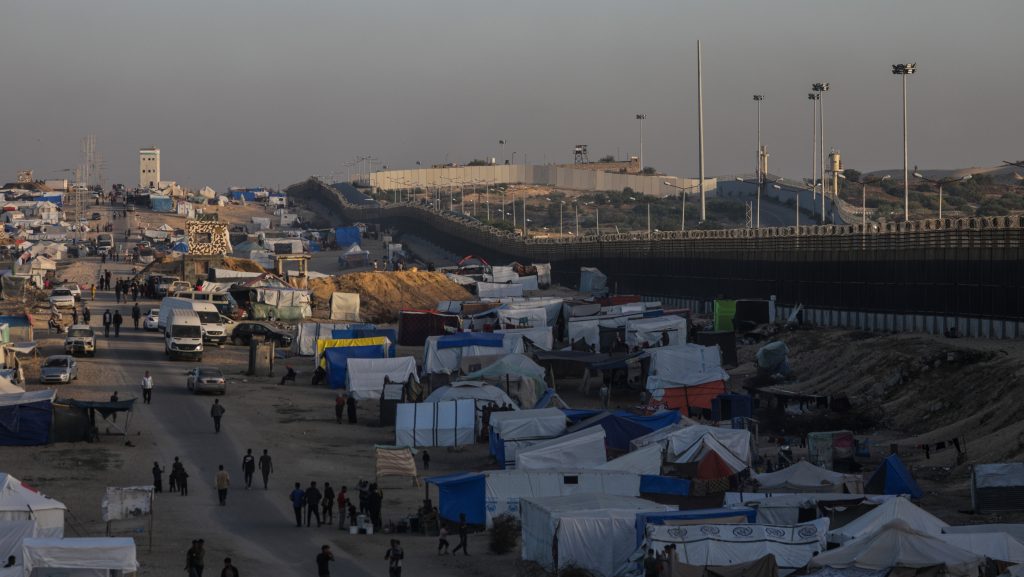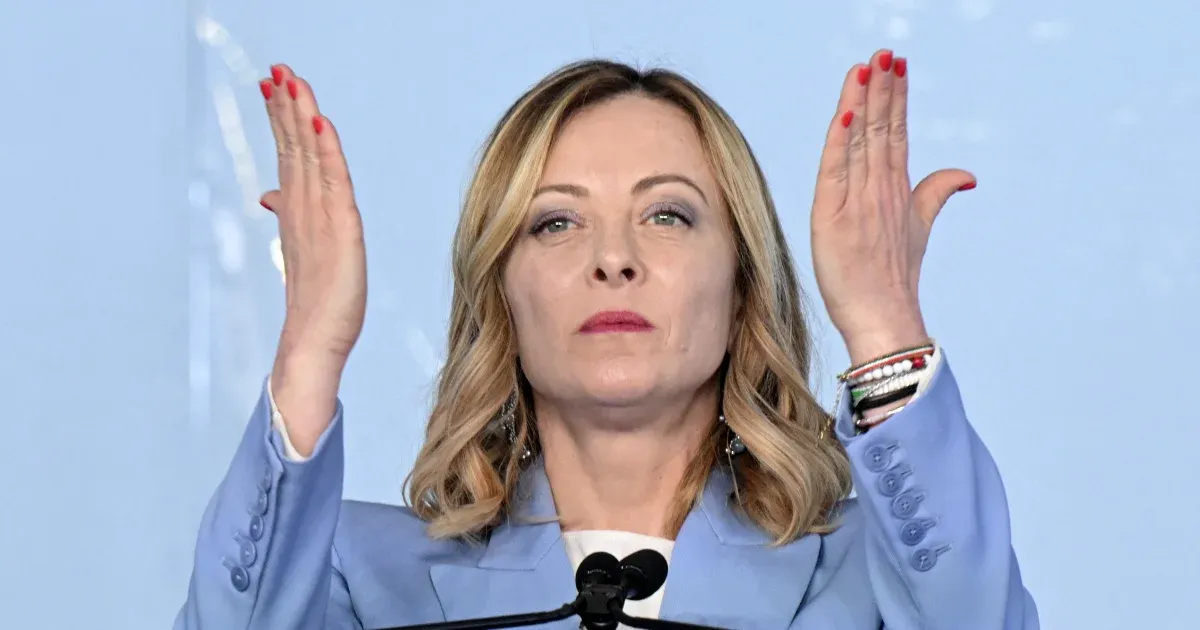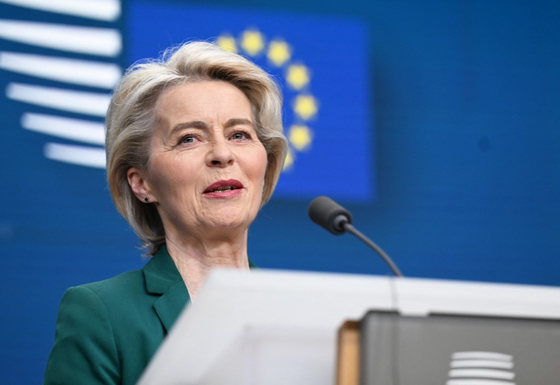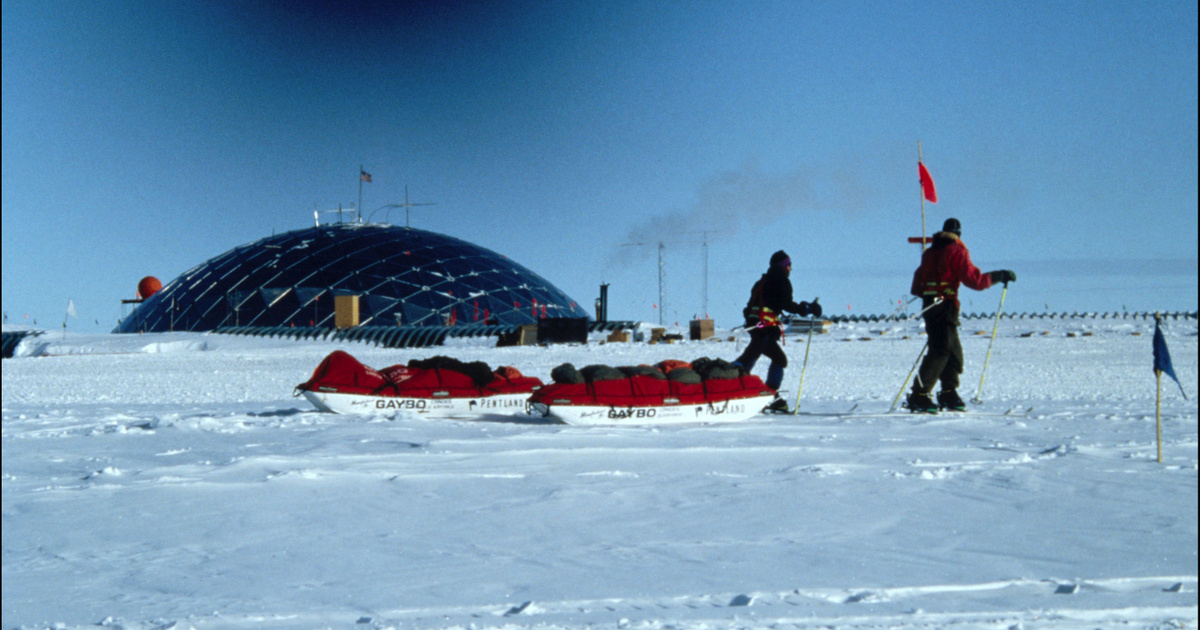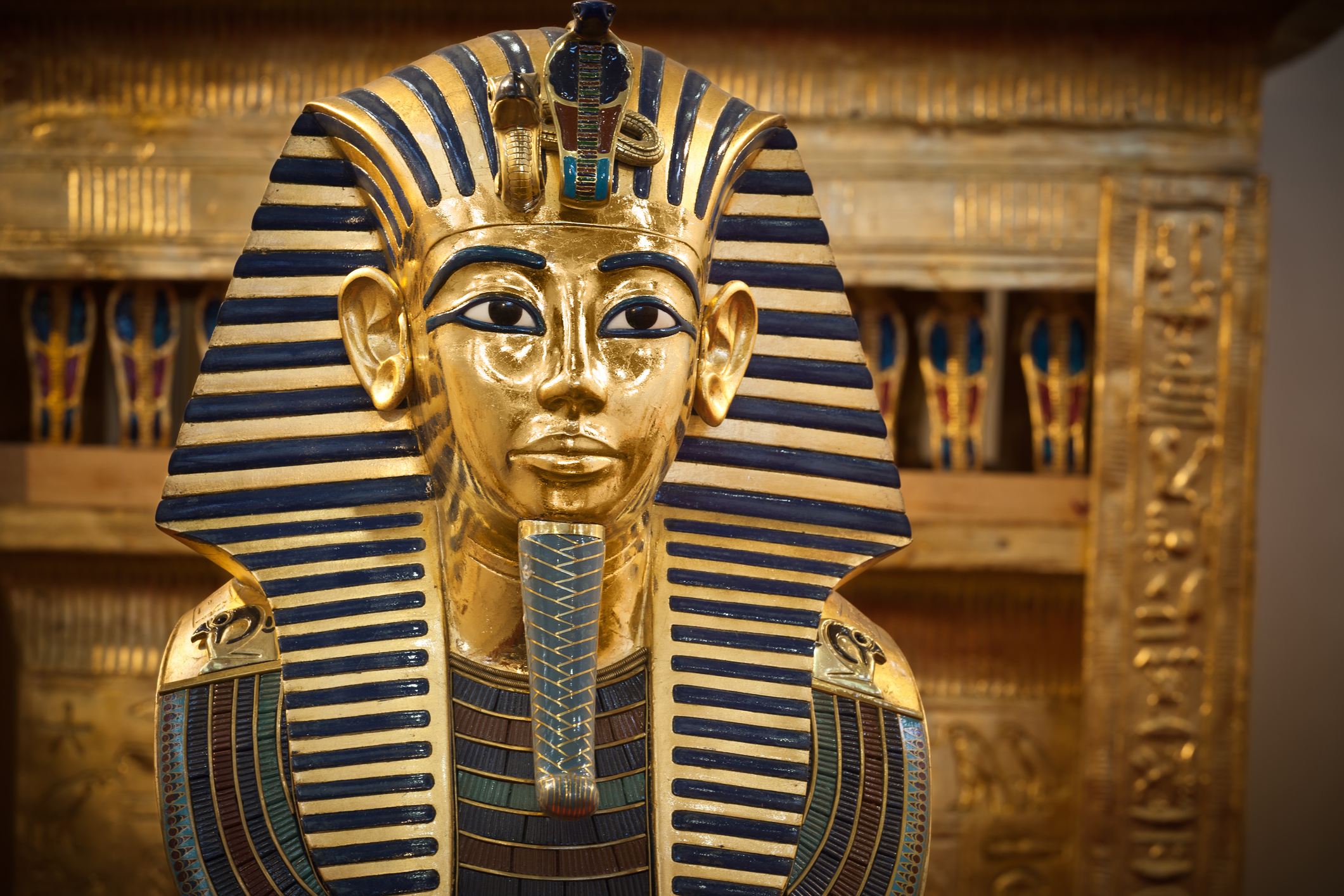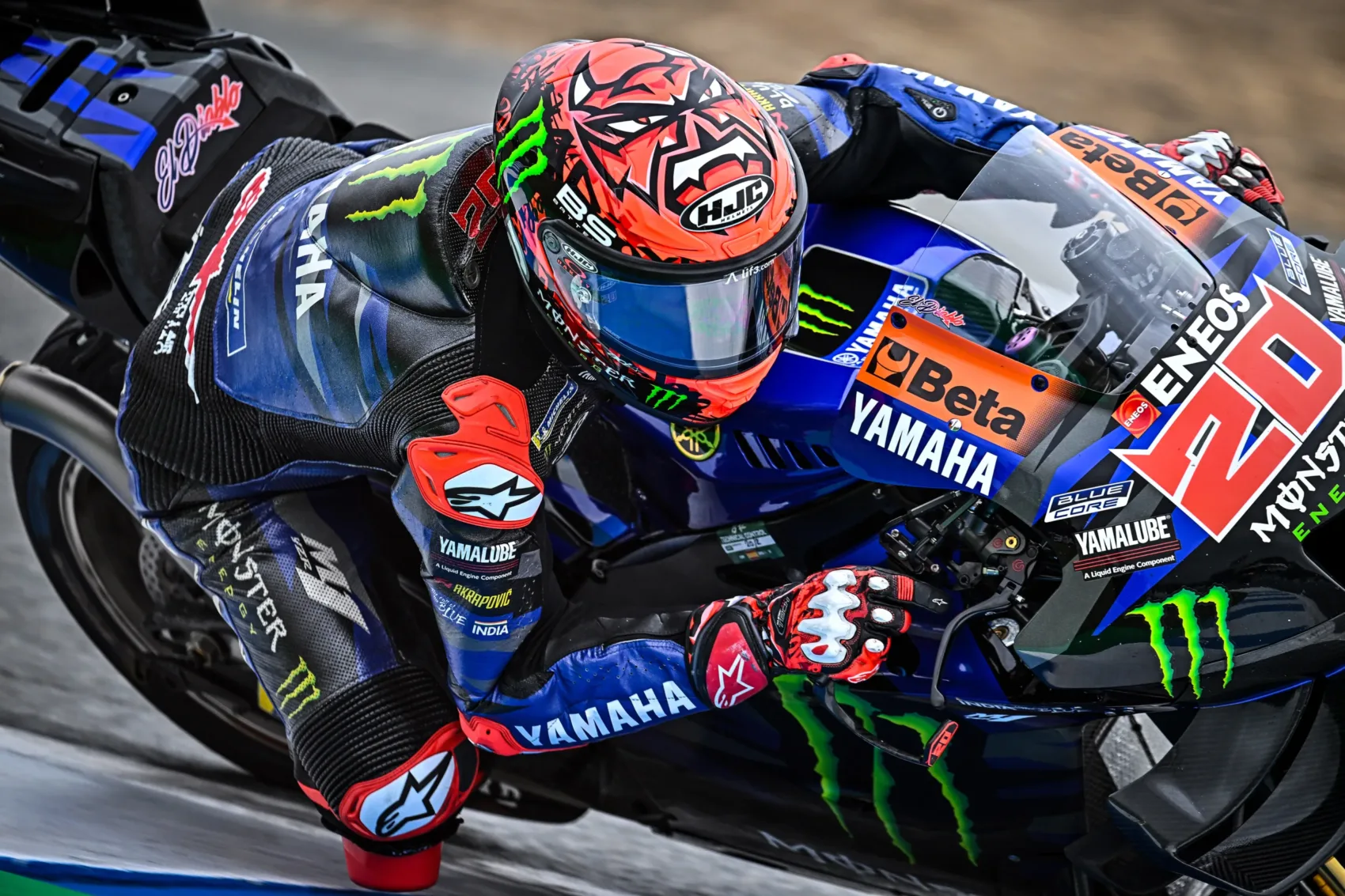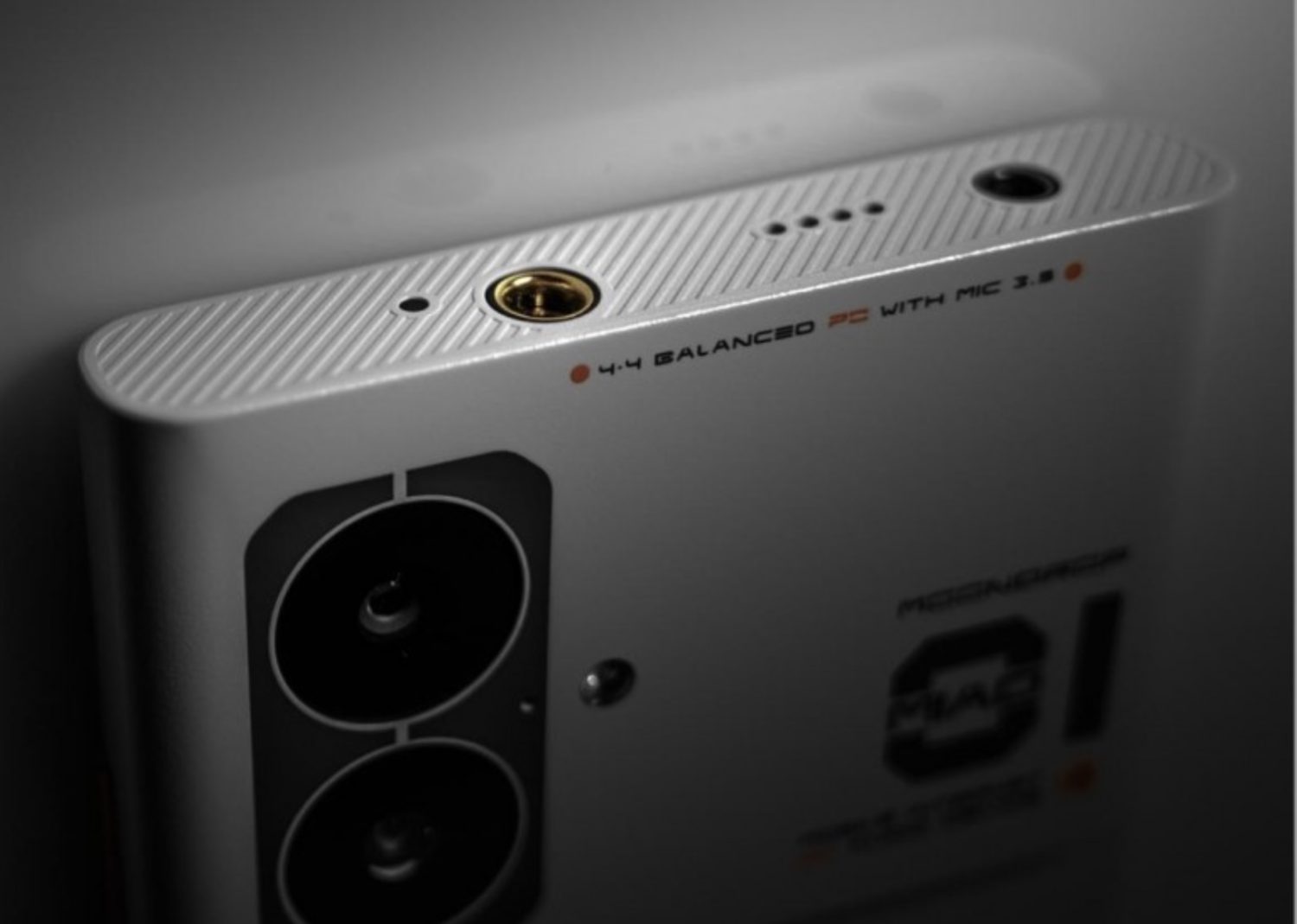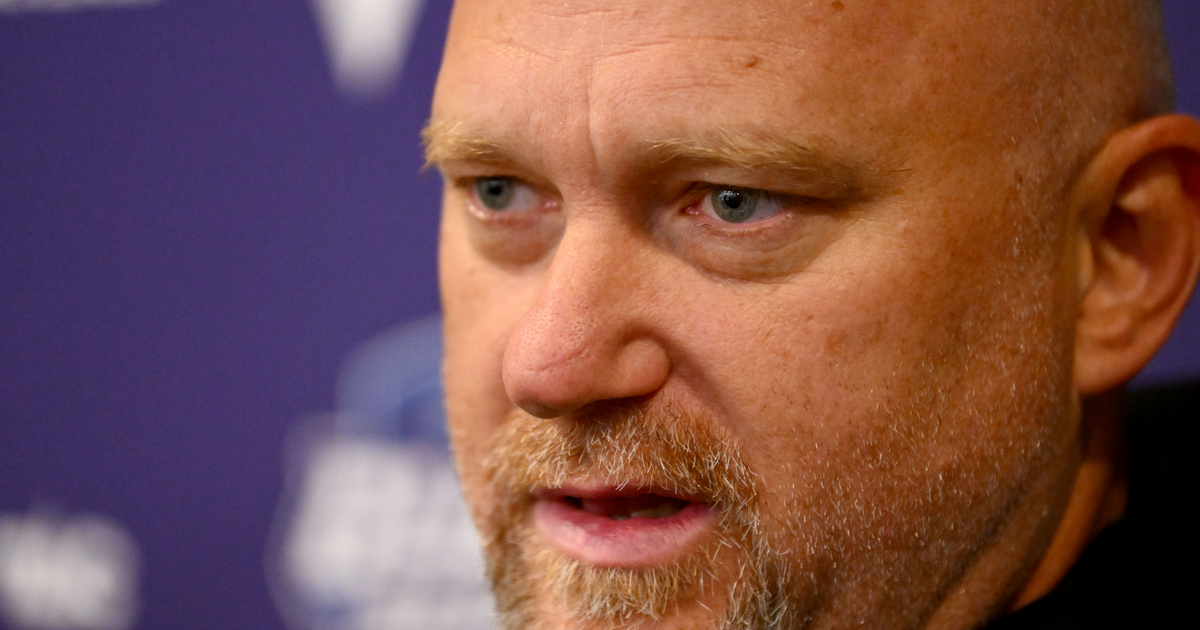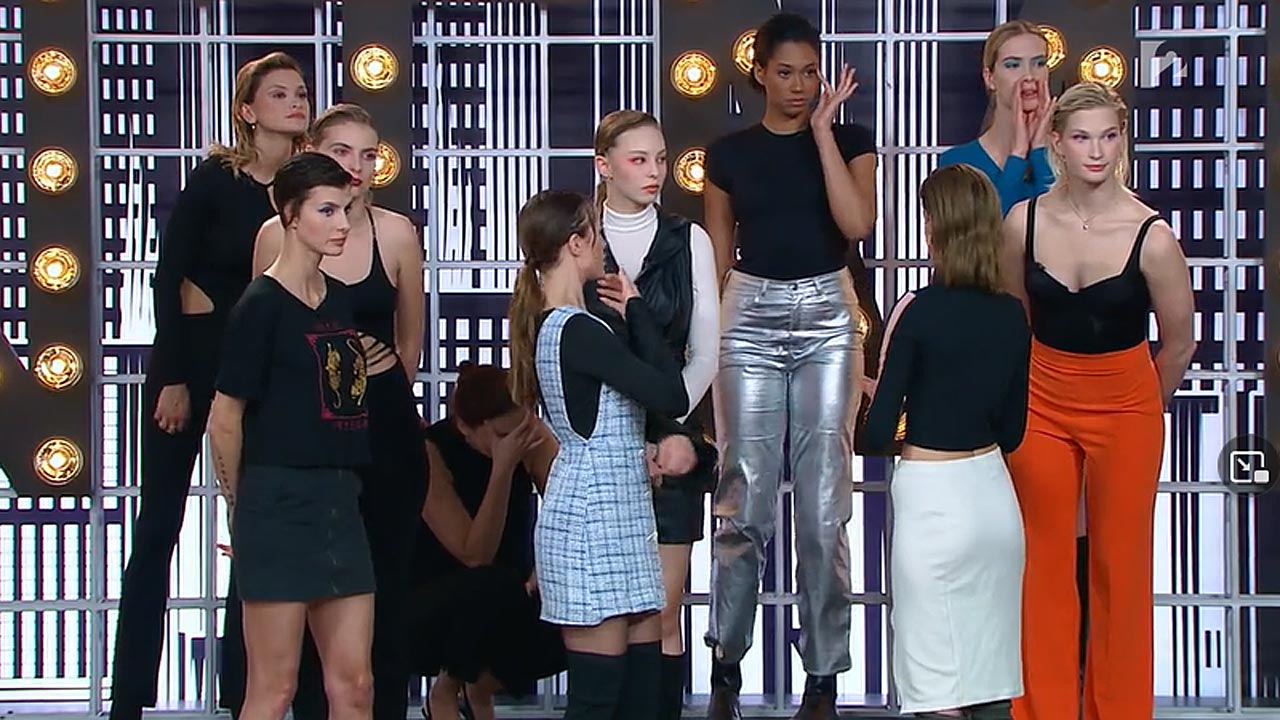The European Union and Australia have not been able to finish negotiations on a planned free trade agreement, as differences – especially over agricultural products – have not yet been resolved. This information was released by both parties on Tuesday.
The EU and Australia started talks in 2018, and wanted to wrap them up this week. However, the extent to which the EU is willing to open its markets to Australian agricultural products, particularly beef, remains a contentious issue. A spokesperson for the European Commission expressed disappointment that the talks could not conclude this week, noting that although progress had been made, more work was needed to resolve key outstanding issues.
Australian Trade Minister Don Farrell said officials from both sides would continue discussions and meet again in August. At an impromptu press conference in central Brussels, he stressed Australia’s need for significant agricultural access to European markets.
Australia wants beef, lamb, dairy products and wine – many of which are currently subject to tariffs and quotas – to have wider access to EU markets. Farrell expressed optimism that an agreement could be reached with hard work and perseverance.
Both sides seek to diversify trade: the European Union following Russia’s invasion of Ukraine, and Australia after China imposed restrictions on several Australian agricultural products amid a 2020 political dispute.
The deal could also help the EU procure critical raw materials for its green and digital transformation, while reducing its dependence on China.
Australia is the world’s largest producer of lithium and has large reserves of other important minerals such as cobalt, manganese, and rare earths. Negotiations are currently under way to increase EU access to Australian energy and raw materials products and services.
According to EU estimates, the trade agreement with Australia could contribute up to €3.9 billion to the EU’s GDP by 2030. Manufacturers of machinery, metals, electronic equipment and chemicals, as well as car manufacturers and food and drink manufacturers can benefit from the deal. On the other hand, it expects benefits for Australian agricultural exporters and service providers, as well as increased opportunities for Australian companies to invest in Europe.
Source: Reuters
COVER PHOTO: German Chancellor Olaf Scholz (left) and Australian Prime Minister Anthony Albanese at a reception in front of the chancellor’s office in Berlin on July 10, 2023. MTI/EPA/Hannibal Hanschke

